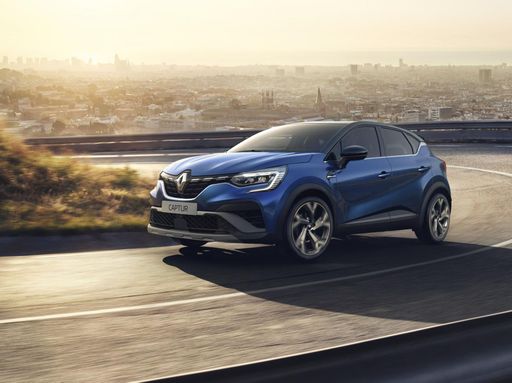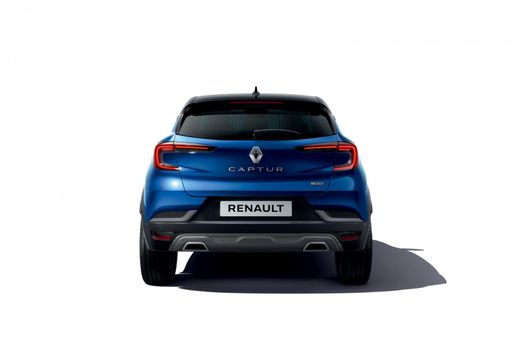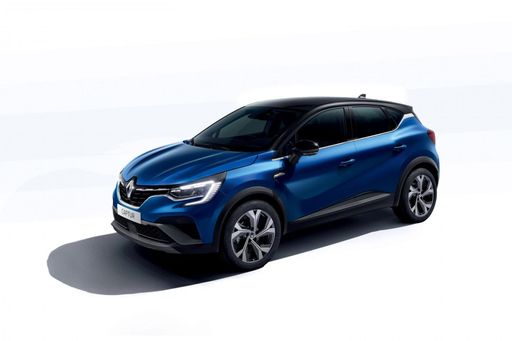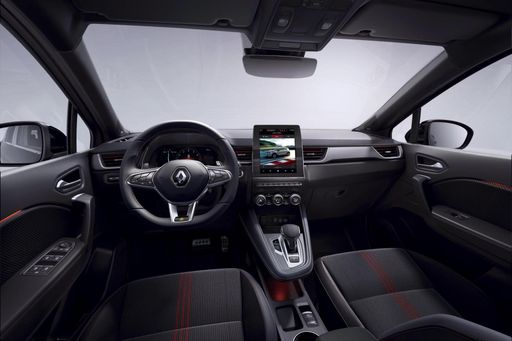Compact SUVs Clash: Hyundai Kona vs Renault Captur
In the ever-evolving world of compact SUVs, the 2024 Hyundai Kona and the Renault Captur stand out as dynamic contenders. Both offer a blend of style, innovation, and technology, but how do they stack up against each other in terms of technical prowess and user preferences? Let's dive into the finer details.








